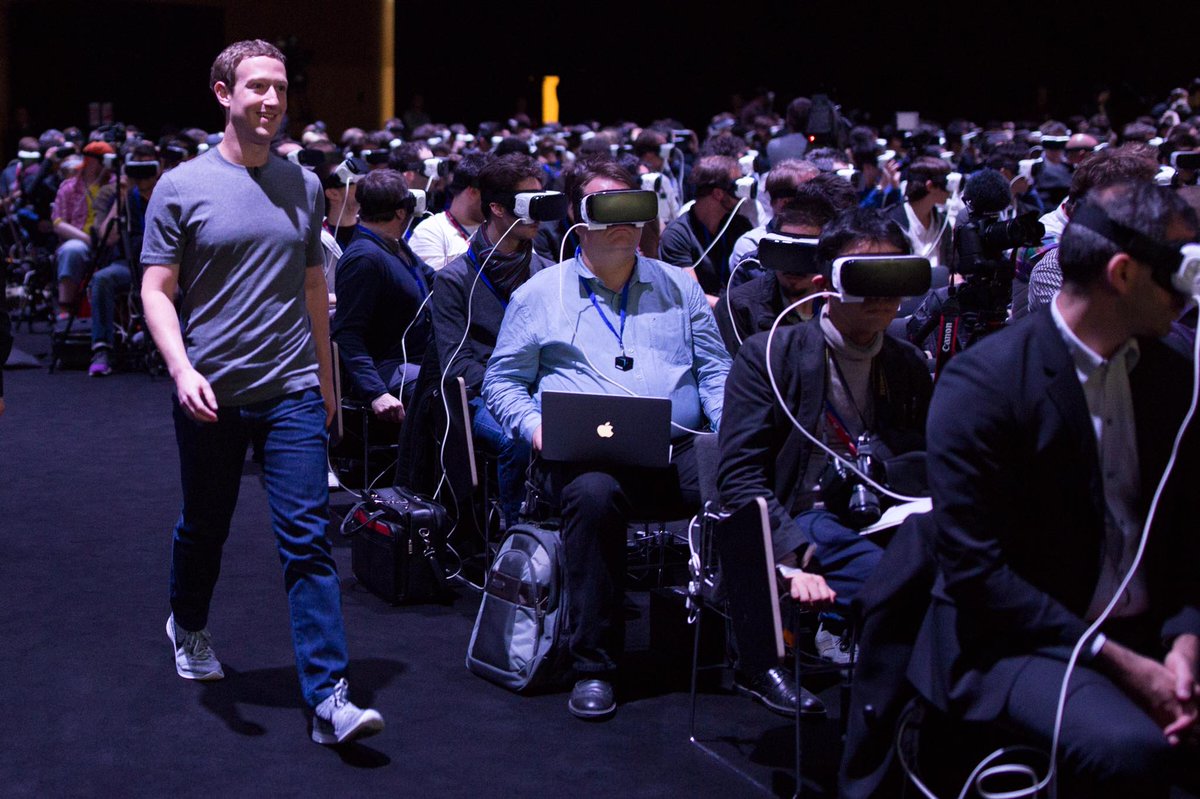A really intelligent, though perhaps not tech-sector savvy, friend recently insisted that Google is just a company that sells ads. People who work there, I was told, shouldn’t think they’re doing anything important.
Well, no.
The Larry Page-Sergey Brin Silicon Valley megapower was born as an Artificial Intelligence company, one that just so happens to collect information online that helps it with dual goals of, yes, making money from ads today, but also in building the smart tools of tomorrow that can make an impact exponentially beyond savvy search results. To that end, the X division is an attempt at a latter-day Bell Labs, a highly ambitious division dedicated to moonshots, though one that isn’t working in concert with Washington D.C. as its predecessor did.
As I’ve said in the past, if Google is mainly a search engine in the future, the company has failed and will decline into its dotage, if, likely, a still highly profitable one. It’s also fair to say that if the company succeeds, it will probably be a mixed blessing for society, yielding improvements that come at a cost that may be dear. That’s because Google’s far-flung ambitions are similar to its more-mundane ones in that they rely on surveilling us and pulling information from our brains. Eventually, you’ll have the implant.
Next-level research is also being earnestly conducted by Musk, Bezos, Zuckerberg and other titans of the Information Age. Absent from that list is the U.S. federal government, that lumbering giant which now during the Trump Administration is more inept and dysfunctional than at any point in modern history–maybe in our entire history. That failing of the public sphere, which isn’t adequately investing in AI research, leaves us in a prone position before tech behemoths that will have to increase their profits while building our future.
The opening of Farhad Manjoo’s perceptive New York Times column on the government ceding AI to Silicon Valley:
One persistent criticism of Silicon Valley is that it no longer works on big, world-changing ideas. Every few months, a dumb start-up will make the news — most recently the one selling a $700 juicer — and folks outside the tech industry will begin singing I-told-you-sos.
But don’t be fooled by expensive juice. The idea that Silicon Valley no longer funds big things isn’t just wrong, but also obtuse and fairly dangerous. Look at the cars, the rockets, the internet-beaming balloons and gliders, the voice assistants, drones, augmented and virtual reality devices, and every permutation of artificial intelligence you’ve ever encountered in sci-fi. Technology companies aren’t just funding big things — they are funding the biggest, most world-changing things. They are spending on ideas that, years from now, we may come to see as having altered life for much of the planet.
At the same time, the American government’s appetite for funding big things — for scientific research and out-of-this-world technology and infrastructure programs — keeps falling, and it may decline further under President Trump.
This sets up a looming complication: Technology giants, not the government, are building the artificially intelligent future. And unless the government vastly increases how much it spends on research into such technologies, it is the corporations that will decide how to deploy them.•


